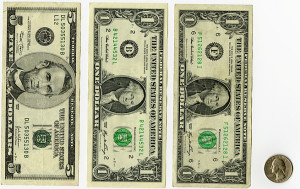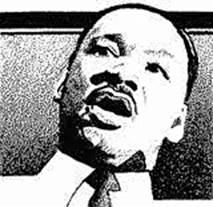U.S. District Judge Arenda L. Wright Allen begins her opinion striking down the Marshall-Newman amendment by quoting Mildred Loving:
We made a commitment to each other in our love and lives, and now had the legal commitment, called marriage, to match. Isn’t that what marriage is? . . . I have lived long enough now to see big changes. The older generation’s fears and prejudices have given way, and today’s young people realize that if someone loves someone they have a right to marry. Surrounded as I am now by wonderful children and grandchildren, not a day goes by that I don’t think of Richard and our love, our right to marry, and how much it meant to me to have that freedom to marry the person precious to me, even if others thought he was the “wrong kind of person” for me to marry. I believe all Americans, no matter their race, no matter their sex, no matter their sexual orientation, should have that same freedom to marry. Government has no business imposing some people’s religious beliefs over others. . . . I support the freedom to marry for all. That’s what Loving, and loving, are all about.”


